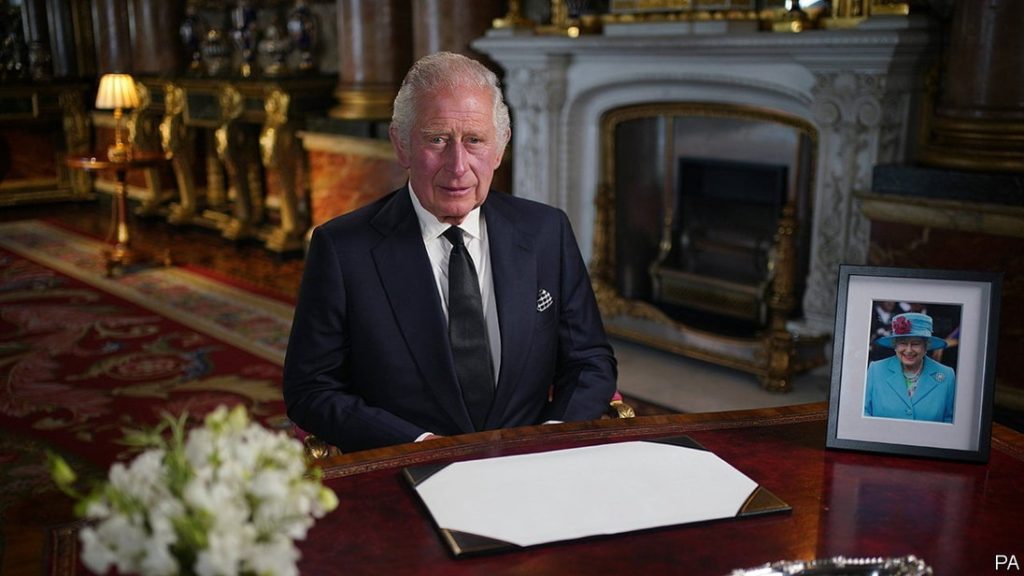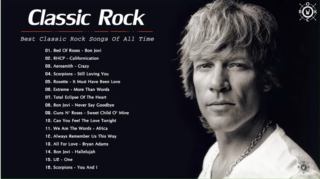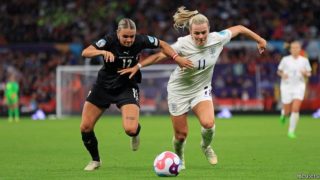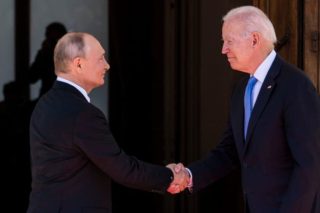
BEING A MONARCH is an odd job. A king does not apply for his position or interview for it; he may be entirely unsuited to it; he may not want it. King Charles III has not always sounded enthusiastic about the role that he has now assumed. The realisation that you are to be king, he once said, is “something that dawns on you with the most ghastly inexorable sense”. As with any job, it is hard to know whether the new incumbent will thrive. Princess Diana once suggested not: she said Charles would find being king “suffocating”.
Precisely what the new job is that Charles has begun is unclear, however. Royal roles are often strikingly ill-defined. When Prince Philip became consort he asked courtiers what he should do with himself, to little avail. The queen battled the same uncertainty. When she, while in Kenya, found herself monarch at the age of 25, she asked: “What’s going to happen when we get home?” Edward VIII, Charles’s great-uncle, who reigned for less than a year before abdicating, described the feeling after his father’s funeral as the “uneasy sensation of being left alone on a vast stage”. Accessions are so nerve-wracking for states that British law once pretended they did not happen. “The King never dies,” as the old legal maxim had it. Rex nunquam moritur. One monarch breathes out; another breathes in.
Despite the long run-up, no one really knows what Charles III will mean for the royal family or for Britain. For kings, like stocks, past success is no guide to future performance. Edward VIII was initially thought to be thrillingly modern; so modern, it turned out, that he abdicated. The queen’s reign epitomised stability: everything about her, from her sensible low-heeled loafers to her restrained emotions, showed a striking consistency. In some ways Charles will be a continuation of this. His appearance is stable to a fault: he wears suits till they are patched beneath the pocket and brogues till they are battered. His hair has been parted in the same place since childhood.
His emotions, however, are more mercurial and, for the monarchy, often far too close to the surface. He has complained in particular about his childhood, earning him the moniker “Prince of Wails”. Certainly, having a mother who was also a monarch was not always easy. In 1954 the queen returned home after a six-month tour of the Commonwealth. Dignitaries had lined up to greet her; Charles tried to join. “No, not you dear,” she said; their reunion had to wait. Duty came first. His first marriage, to Diana Spencer, damaged his reputation badly. The pair wed in 1981, when he was 32 and she just 20. The ceremony was watched by some 750m people around the world. Better remembered now are the television interviews of the 1990s detailing the breakdown of their relationship. “There were three of us in this marriage,” Diana declared in 1995.
Later, Charles would rail, softly, in an interview at the “national pastime” of “prurient speculation”. The accusation smarts: the nation likes to look at the royals; it is less used to them looking back. Time has weathered sharp national opinions. Camilla, his second wife, is accepted (and his queen consort). Charles is now king, though his popularity ratings have remained relatively low. A YouGov poll carried out in May 2022 put his popularity rating at 54%, far below the late queen’s (she enjoyed 81% approval) and Prince William’s (75%). This is a problem, for him personally and for the “firm” as a whole.
Charles may make more political noise than did his scrupulously neutral mother. He is already notorious for pressing his many opinions. In his scrawling “black spider” memos and in his speeches he has warned about everything from modern architecture to industrial farming. He lobbied Tony Blair over fox hunting; he supports the Dalai Lama; his absence at a state banquet for China in 2015 was noted, and considered pointed. These things do not look like regal impartiality. They look, to many, like overstepping.
One area of particular focus for him will be the environment. As prince, Charles was long mocked for this. Unfashionably earnest in his wellies and tweed coats, he promoted organic shortbread and heritage sheep; he capitalised the word “Nature” and was mocked for talking to his plants. He founded an organic-food brand, “Duchy Originals”, in 1990, before most people had heard of organic food, and he has spoken at major international climate talks. His interest in the environment has, in recent years, started to look prophetic rather than eccentric. Rewilding has become a national hobby and climate change an international obsession. The organic market is now worth almost £3bn ($3.5bn) in Britain annually.
Charles’s performance will be closely evaluated, though the nature of royal triumphs has changed. Once the number of countries conquered, and the number of foes killed was the metric that mattered most. Today’s monarchs are assessed in more mundane units. Elizabeth measured out her life in hospital visits and school openings; Charles will doubtless be sized up by a similar yardstick. He is likely to excel, at least in this. Previous heirs to the British throne were wayward, drunken; close aides say Charles works “like a Trojan”.
For now, the nation has pomp, circumstance and a coronation to look forward to. And, beyond the bells, a man has lost his mother. The fact feels almost forgotten. One monarch breathes out; another breathes in. No breath, no beat is missed.




